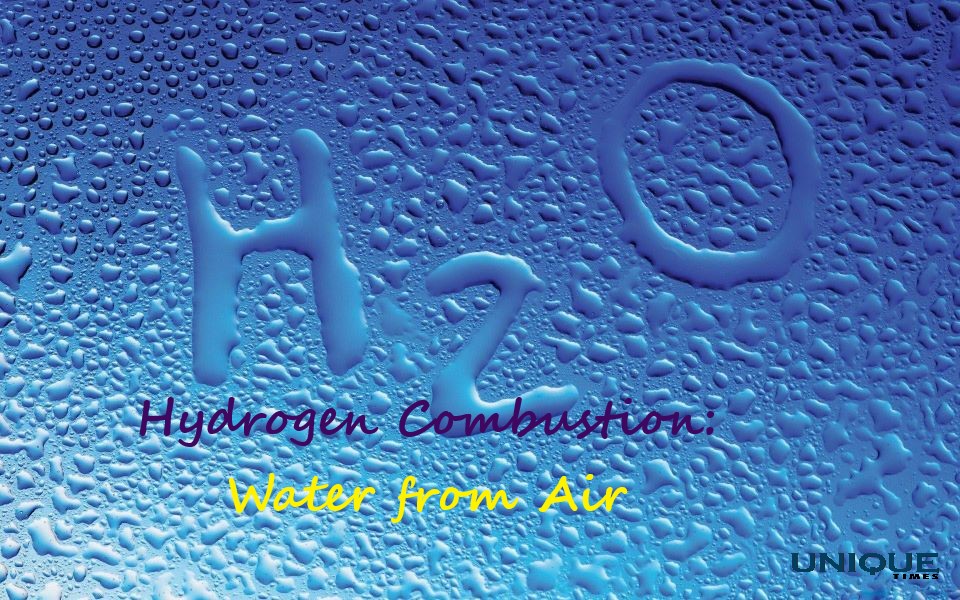The Remarkable Transformation: When Hydrogen Burns in the Air, Water is Formed

Hydrogen, the most abundant element in the universe, holds within it a fascinating secret – its combustion in the presence of oxygen results in the formation of water. This seemingly magical reaction is not only a fundamental process of nature but also holds significant implications for our understanding of chemistry and energy production. In this blog, we’ll delve into the science behind this remarkable transformation and explore why it has captured the curiosity of scientists and researchers for centuries.
The Chemistry of Hydrogen Combustion
Hydrogen combustion, often referred to as hydrogen oxidation, is a chemical reaction that occurs between hydrogen gas (H₂) and oxygen gas (O₂) in the presence of a spark or heat source. The reaction can be summarized by the chemical equation:
2H₂ + O₂ → 2H₂O
In simple terms, two molecules of hydrogen gas combine with one molecule of oxygen gas to produce two molecules of water. This reaction liberates a significant amount of energy in the form of heat and light, making it a highly exothermic reaction. It’s this energy release that makes hydrogen an attractive candidate for various applications, including fuel for rockets and clean energy production.
The Significance of Water Formation
The transformation of hydrogen and oxygen into water might seem commonplace, especially considering how vital water is to our everyday lives. However, this reaction has played a pivotal role in shaping our understanding of the nature of matter and energy.
- Lavoisier’s Discovery: Antoine Lavoisier, a pioneering chemist of the 18th century, was instrumental in debunking the phlogiston theory (a misguided theory of combustion). His meticulous experiments involving the combustion of hydrogen and oxygen played a crucial role in establishing the modern understanding of chemical reactions and conservation of mass.
- Energy Production: Hydrogen combustion is a cornerstone of energy production in various industries. From powering internal combustion engines to being used as fuel for hydrogen fuel cells, the energy released during this reaction offers a cleaner alternative to traditional fossil fuels.
- Environmental Impact: Unlike fossil fuel combustion, which generates pollutants like carbon dioxide, the primary product of hydrogen combustion is water vapor. This makes hydrogen an appealing candidate for achieving sustainable energy solutions and reducing greenhouse gas emissions.
Conclusion
The transformation of hydrogen and oxygen into water through combustion is a beautiful testament to the intricate dance of atoms and the marvels of chemistry. From its role in historical discoveries to its potential for shaping a greener future, this reaction continues to captivate scientists, engineers, and researchers worldwide. As we advance in our knowledge of hydrogen’s potential, it’s clear that this seemingly simple reaction holds the key to unlocking a world of possibilities for sustainable energy and environmental preservation.
Picture Courtesy: google/images are subject to copyright








